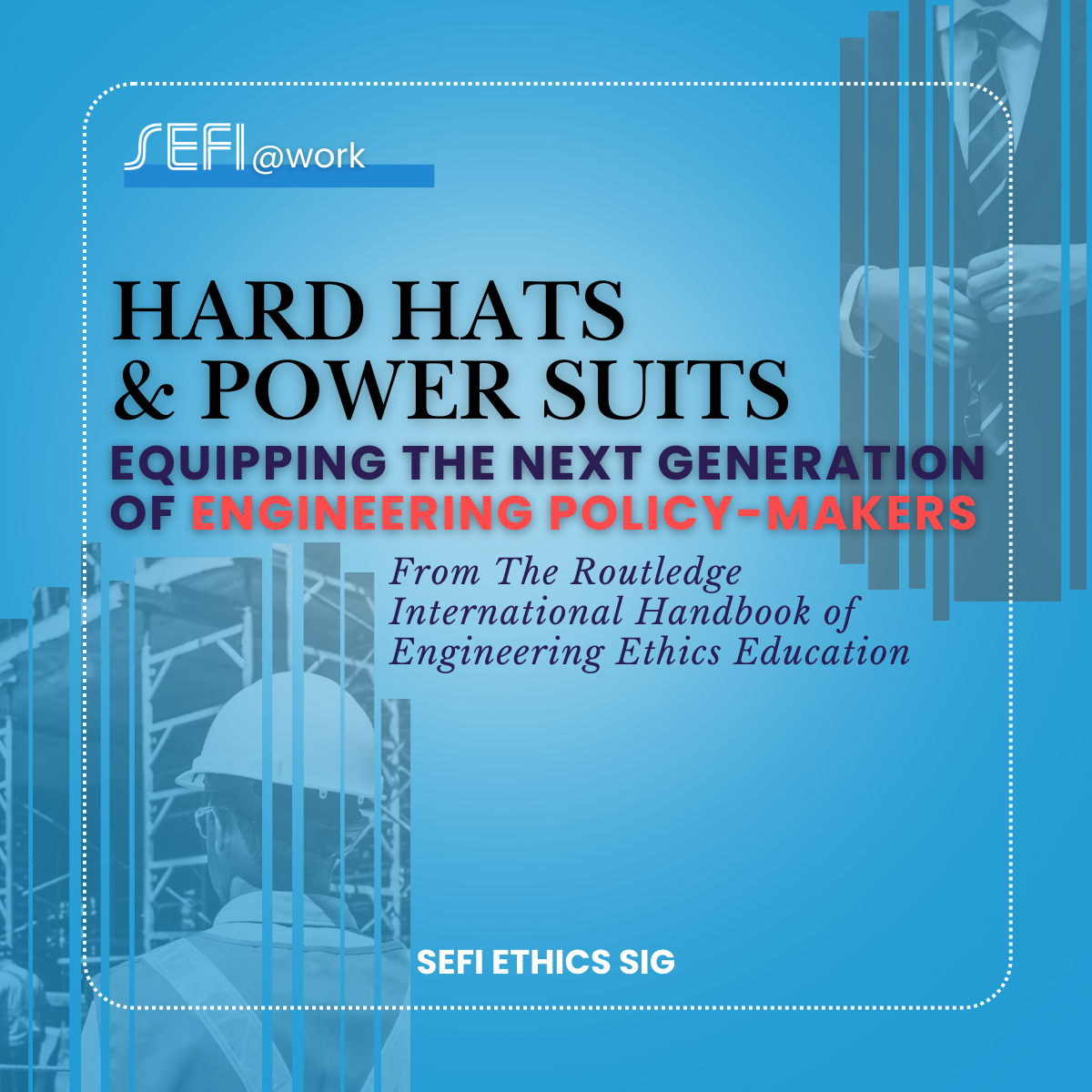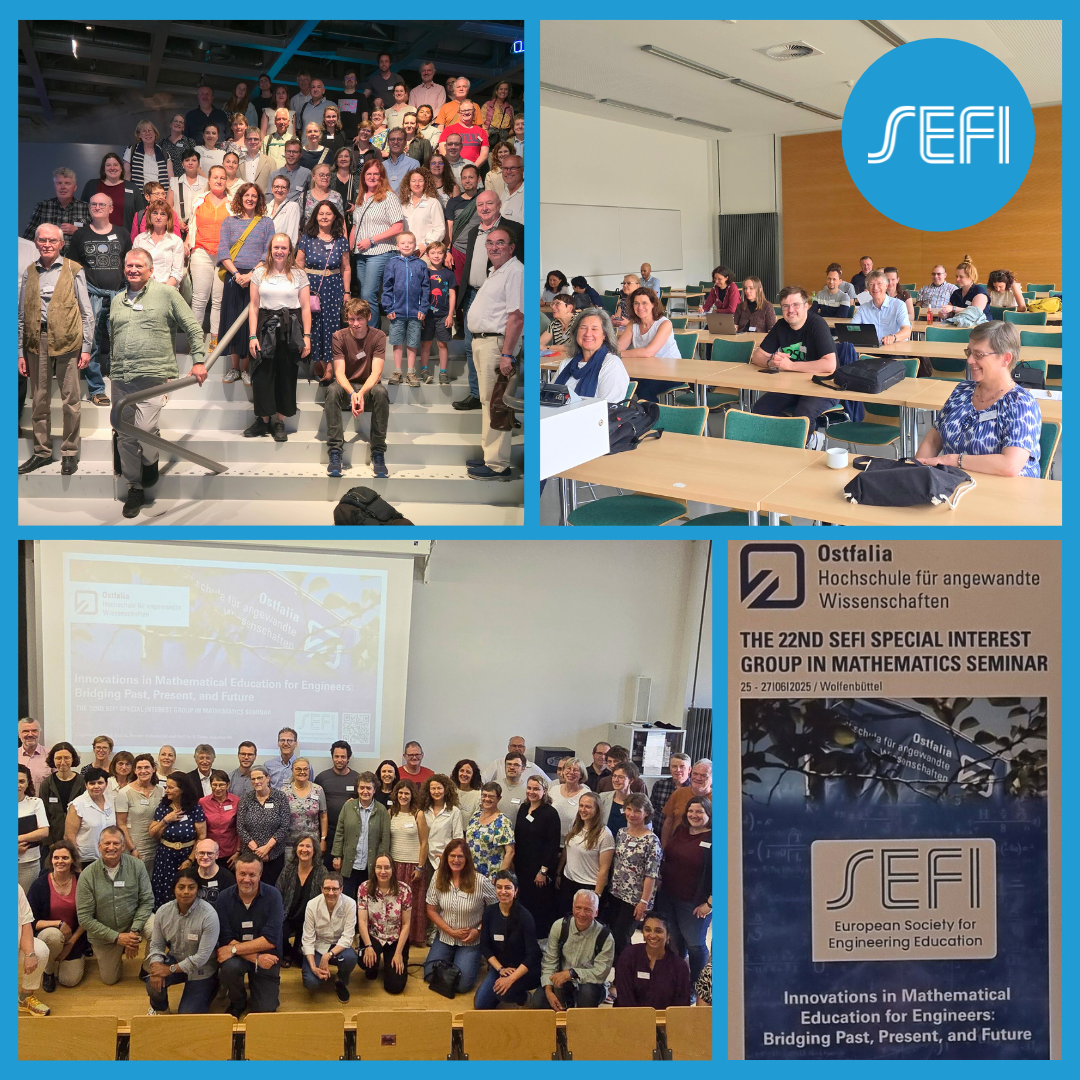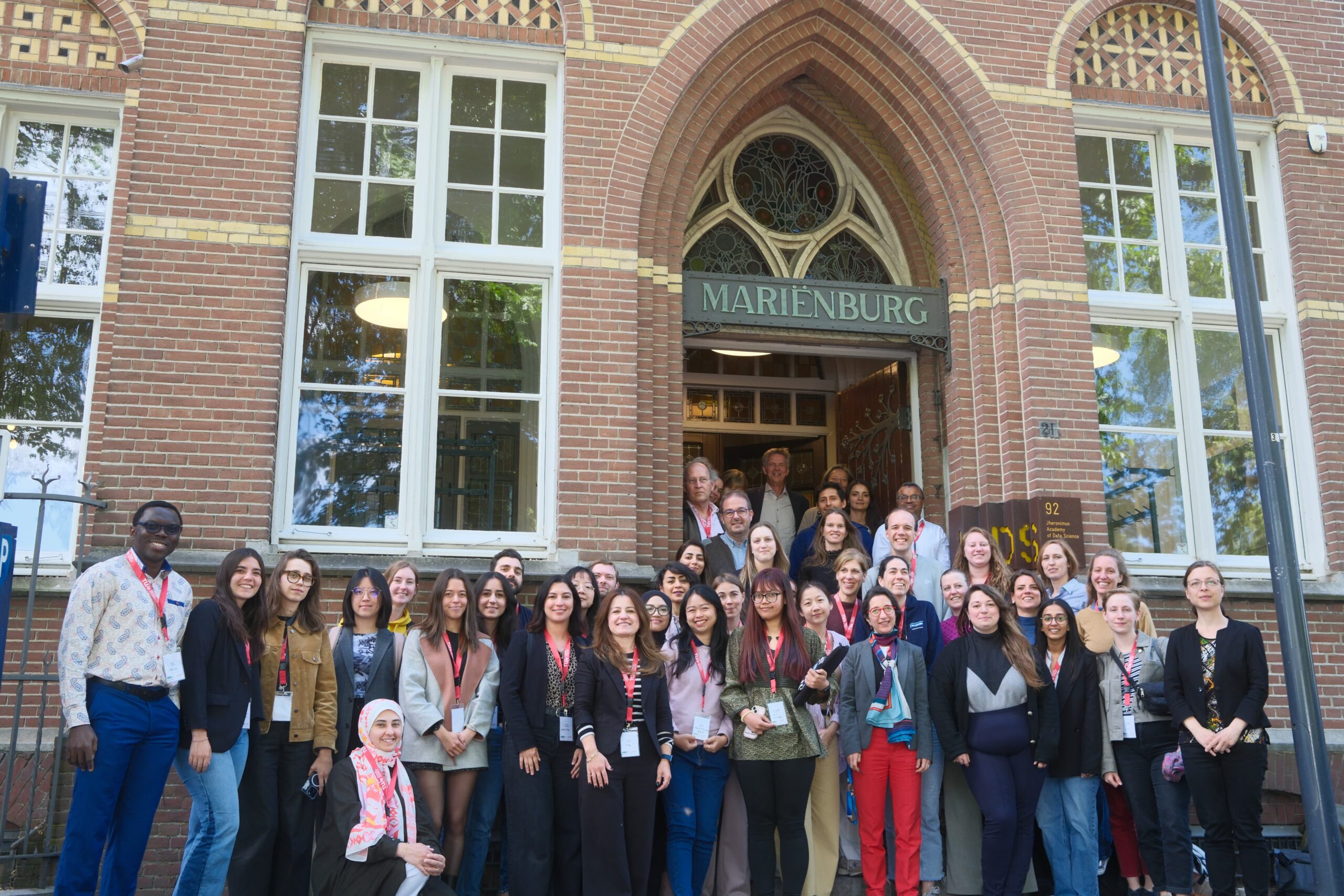By Tom Børsen, Associate Professor, Aalborg University How can we prepare engineering students not only…
Sarah Jayne Hitt from Engineering Professors Council UK on Engineering Ethics Toolkit with Neil Cooke and Natalie Wint

The inextricable relationship between engineering and society means that ethical behaviour has always been of paramount importance within the profession. However, driven by climate change urgency and the sustainability challenge, it is only more recently that teaching engineering ethics has become imperative.
Ethics is included in accreditation criteria across continents including Australia, the USA, and Europe. As a response, there has been a growth in research and professional networks which focus its effective teaching.
In the first episode of series four of the SEFI podcast we speak with Professor Sarah Jayne Hitt, project manager for the Engineering Professors Council (EPC)’s Ethics Toolkit, a resource designed to help engineering educators embed ethics in teaching. Sarah’s experience working at Colorado School of Mines on both Liberal Arts and International Studies and Public Affairs programmes supports her work today, which focuses on integration of the arts, humanities, and social sciences within engineering education.
The rest of the article summarises some of the key discussion points:
Ethics as part of liberal arts
Sarah explains that ethics belongs within the liberal arts which allow us to have a more holistic view of an engineering problem and solution, including how engineering is situated politically, culturally, and economically.
The role of the “Statement of Ethical Principles”
Sarah explains that the ethical toolkit was produced in alignment with the joint statement put forth by the Engineering Council (the UK’s regulatory body for the engineering profession) and the Royal Academy of Engineering, in 2014. She states the four main areas covered (honest and integrity; respect for life, law, the environment and public good; accuracy and rigour; and leadership and communication) and describes how the toolkit provides a means of bringing the, sometimes abstract, principles in the statement to life, and allows students to gain experience in working through dilemmas and grapple with tensions that may arise.
The toolkit as capacity building
Sarah explains why the advent of the toolkit was so important at this time, saying that although the need to teach ethics has been clear for years, many educators lack confidence in teaching it.
She explains that the toolkit came about as an output of the Royal Academy of Engineering’s Ethics Reference Group who worked on a 2021 report called Engineering Ethics: Maintaining Society’s Trust in the Engineering Profession which specifically called for the development of toolkits that would help various stakeholders make ethics more prominent within engineering, education, and practice. The EPC took on the education side of that task and put together a steering group comprised of people within academia, industry and advocacy organisations who were already leading voices advocating for engineering ethics education, all of whom guided the creation of the toolkit.
She describes the sets of resources contained within the toolkit which includes: advice and guidance designed to answer questions or provide general information in a concise, accessible manner; teaching resources which include flexible case studies with activities that can be adapted to suit individual needs; and course enhancements which includes slides, worksheets, prompts and technical problem sets.
The process involved in creating the toolkit
Sarah explains that the process started with desk research to understand the good practice in engineering ethics pedagogy and emerging trends and issues within general ethics education. Guidance documents were then produced to help support the writing of case studies, before putting out a call for contributions. Once contributors made suggestions, the group were involved in setting up collaborations or helping hone ideas. Finally, there was a review process whereby members of the steering group gave feedback before material was published online. Sarah describes several benefits associated with this review process. For example, sometimes reviewers were able to add further contextual information or highlight dilemmas that had not originally been included.
The value in crowdsourcing
Sarah speaks about the value of bringing in a variety of perspectives from different disciplines, as well as the benefits of having a global network, which meant that contributors could collaborate on the same case study from different contexts and locations. She tells us that people from approximately 30 UK based universities, as well as from across Europe, African countries, and the USA were involved. This resulted in a toolkit which reflects the global nature of engineering.
Navigating the toolkit
When using the toolkit, Sarah explains that you encounter the ethics explorer, an interactive tool used to help navigate the engineering ethics education landscape. The landscape consists of several elements, each being appropriate for different tasks and people. For example, a programme lead may be more interested in aligning learning outcomes with accreditation criteria. Equally, someone might be looking for inspiration for teaching within their own module and thus be more interested in case studies which cover multiple disciplines at different learning levels.
What makes a good case study?
Sarah outlines some of the characteristics of a good case study.
- A realistic scenario which you may come across day to day as a practicing engineer.
- That it makes you feel something and helps you understand how emotion and bias impacts decision making.
- It allows for multiple levels of interpretation; and alludes to different kinds of contexts. For example, it may involve the impact of decisions at both an individual and societal level, with consideration for micro and macro ethics.
She goes on to talk about a case study within the toolkit which focuses on solar panels in a desert oil field. The case involves an engineer who came to work in solar energy because of a passion about sustainability, and who faces decisions regarding tensions between personal passion and the need for their company to be profitable. The case study considers the impact of cultural understanding in different contexts and alludes to issues of bribery and corruption. It also highlights trade-offs associated with energy transition and considers the impact of oil extraction on resource availability, as well as the benefits it provides to the local community economically and socially.
Guidance documents
Sarah provides examples of some of the guidance articles that have been written. For example, one touches upon tackling tough topics, particularly during lively ethical debates. It takes consideration for backgrounds of the students involved, as well as emotions that may come up. This can be useful for professional situations when others disagree with you. She also speaks about advice from educators pertaining to how they have made use of case studies, with some blog posts providing lesson plans.
Final thoughts
Sarah finishes by describing her excitement at the growth that has occurred and is set to continue in terms of ethics education within engineering. She encourages everyone to start by exploring what is interesting to them in the toolkit, and to become more involved by contributing resources to either the ethics toolkit, or the new sustainability toolkit.
Resources:
Link to EPC’s Ethics Explorer
Ethics Explorer – Engineering Professors Council (epc.ac.uk)
Sarah’s chapter on integrating liberal arts into engineering education from the International Handbook of Engineering Education Research
Educating the Whole Engineer by Integrating Engineering and the Libera (taylorfrancis.com)
Sarah’s work into embedding ethics into an engineering Masters course:
https://www.ijee.ie/latestissues/Vol38-3/07_ijee4189.pdf
Royal Academy of Engineering’s Report entitled Engineering Ethics. Maintaining Society’s Trust in the Engineering Profession
https://raeng.org.uk/media/kr0j2ejr/rae-engineering-ethics-full-report_v7.pdf
Article recommended within the toolkit which talks about ethical decision-making
https://serc.carleton.edu/geoethics/Decision-Making
Article about tackling tough conversations
To contribute to the ethics toolkit, or the newly released sustainability toolkit, make use of the following link


